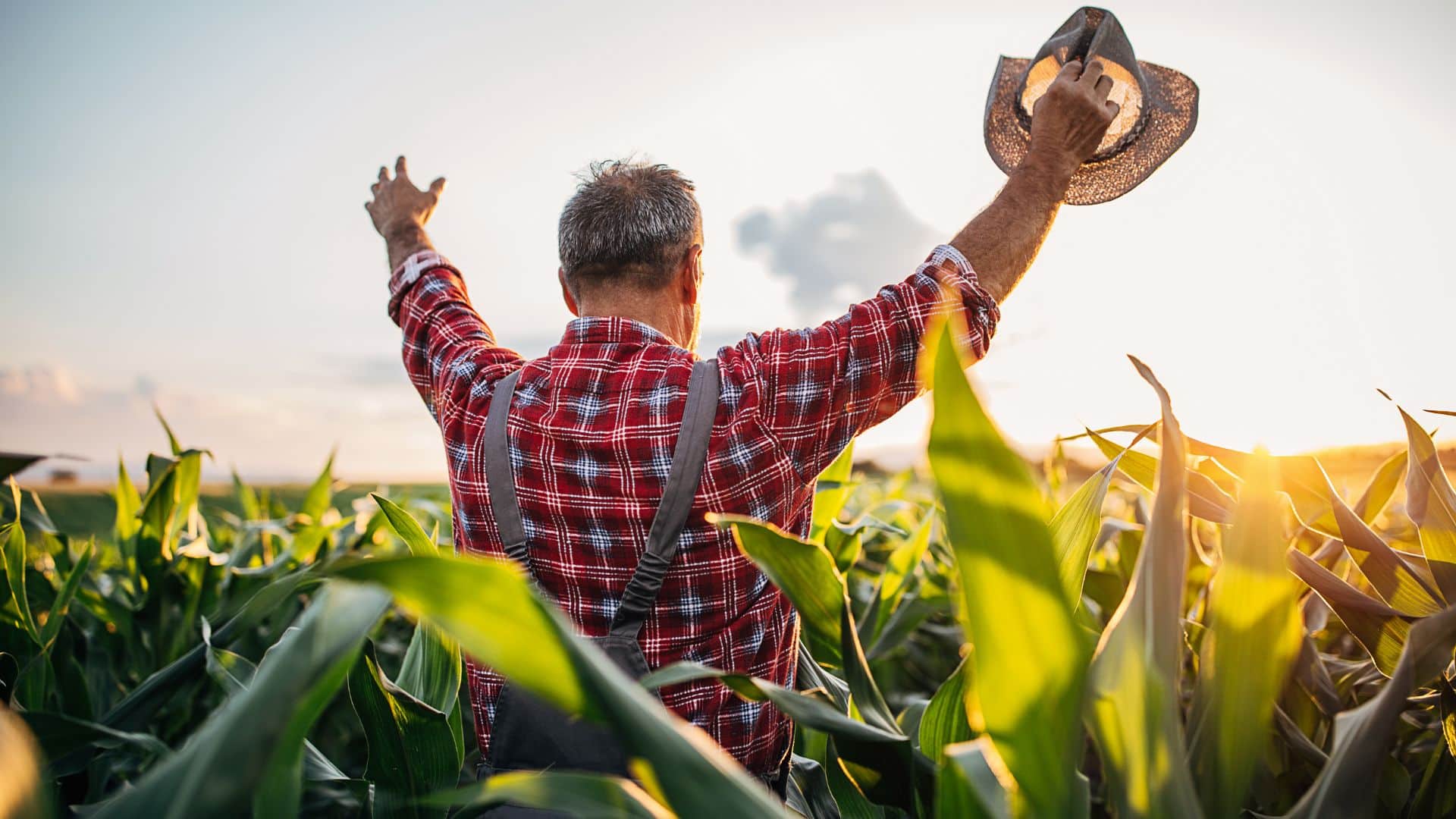In the challenging world of agriculture, farmers are consistently faced with the daunting task of protecting their crops from a vast array of threats. From invasive pests and unpredictable weather patterns to plant diseases and nutrient deficiencies, the obstacles can seem endless. However, with the right strategies and preventative measures in place, farmers can effectively safeguard their precious harvests and ensure they reap the fruits of their labor. Explore various ways that farmers can protect their crops and ensure a successful harvest season.
Manage Pests Through Crop Rotation
Crop rotation is an age-old agricultural practice that not only enriches the soil but also plays a vital role in pest management. By altering the type of crop grown on a particular piece of land each season, farmers can disrupt the life cycle of pests, preventing them from multiplying and causing damage. Different crops attract different types of pests, which is why regular rotation can help keep pest populations under control. Moreover, crop rotation can aid in managing plant diseases and enhancing soil fertility by varying the demands placed on the soil.

Invest in Crop Insurance
In the face of increasing climate unpredictability and extreme weather events, one key way that farmers can protect their crops is by investing in crop insurance. This type of coverage has become a necessary safeguard for farmers. Crop insurance can provide valuable financial support should a farmer suffer a loss due to factors beyond their control, such as drought, hail, or flood. It acts as a buffer, ensuring farmers can recover and continue their operations even after a disastrous season. It’s crucial to explore various plans and opt for one that best suits the specific needs and risks associated with your farming operation.
Monitor Weather Closely
Weather conditions have a profound impact on crop health and yield. By closely monitoring weather patterns, farmers can make informed decisions about when to plant, irrigate, and harvest their crops. Accurate weather forecasts can help predict the onset of potential threats, such as frosts, heatwaves, or heavy rains, enabling farmers to take preventative action. Today, there are numerous technological tools available, from simple weather apps to advanced meteorological equipment, that can help farmers stay one step ahead of the weather.
Install Efficient Irrigation Systems
Water is a critical resource in agriculture, but its overuse or misuse can lead to problems like waterlogging, salinization, or nutrient leaching. Installing efficient irrigation systems can ensure crops receive the right amount of water at the right time. Drip irrigation or sprinkler systems, for example, can deliver water directly to the plant roots, reducing evaporation losses and improving water use efficiency. Furthermore, modern irrigation systems can be automated and linked to soil moisture sensors, ensuring optimal watering and preventing wastage.















